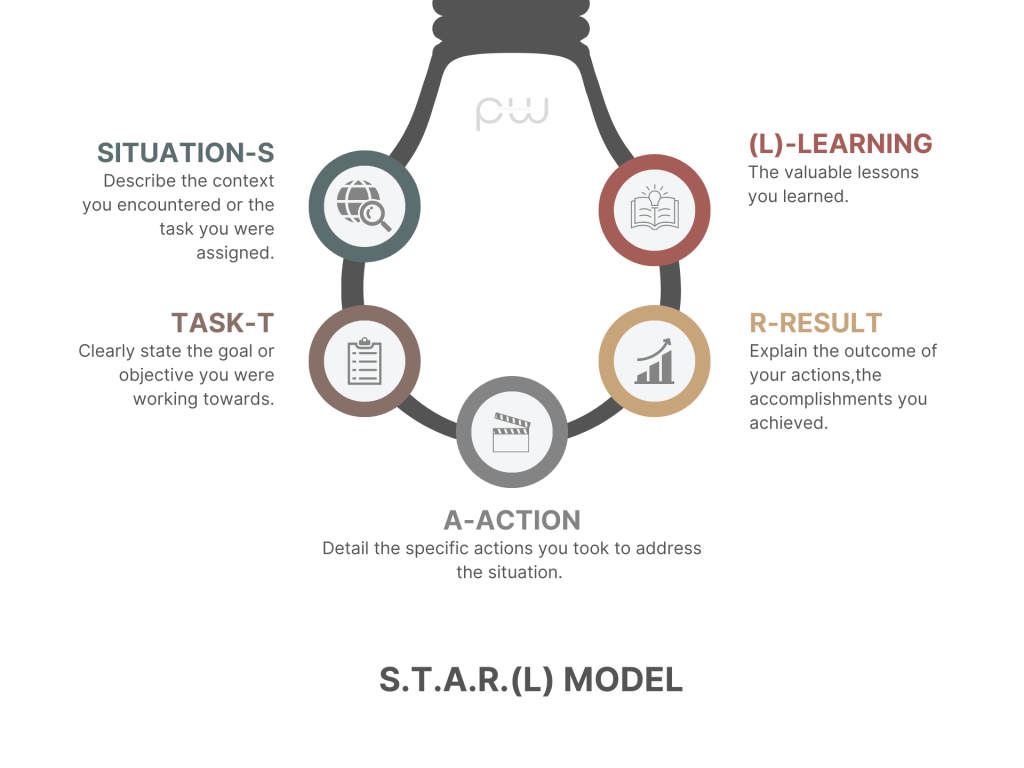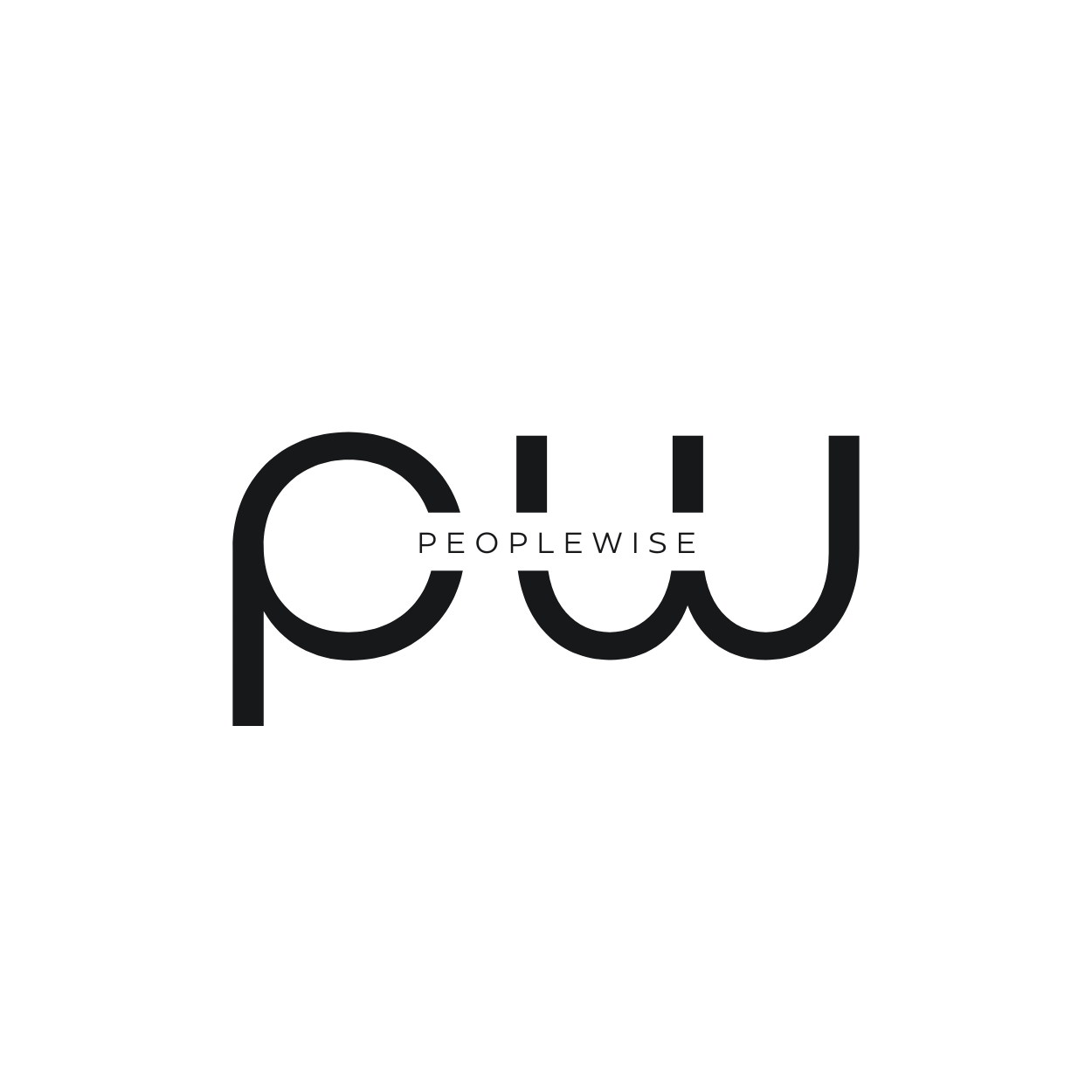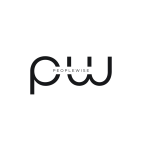Job interviews come in different types, from casual conversations to formal interviews. They can be organized as one-on-one interviews or even panel interviews. Thoroughly preparing for a job interview, as the tips below, will help you feel confident and approach the conversation with enthusiasm and professionalism.
1. Research the company information and the applied position
Take the time to research the organization before the job interview to get more information about the company products, industry and business growth in recent years. This helps you to acquire more knowledge and boost your confidence. Start by researching on Google and try to link your past work experiences to the specific job responsibilities mentioned in the job description.
Don’t stop there; check the news section to see if the company has had recent media coverage, as this will provide you with most updated information to discuss during the interview, demonstrating your genuine interest in the job and your knowledge of the industry.
Consider researching and studying the economic landscape and industry trends that may affect the company and your role, or its impact on the company’s potential products. Explore the company’s working environment, core values, culture and corporate activities through their social media accounts and the company’s website.
Finally, research information about the hiring managers and other interviewers. You can check on LinkedIn to learn more about their working history and interests. However, it’s best to send connection requests after the interview.
Researching individuals who related to the business can help you in various ways:
- Understand how their job roles relate to the position you’re applying for, allowing you to ask relevant questions.
- Evaluate whether the company’s culture aligns with your personal values.
- Learn about projects the company is currently undertaking and its clients, providing you with additional information to discuss during the interview.
- Check if you have any common connections on LinkedIn and gather insights from colleagues if you have mutual connections.
- Read any blogs or articles written by the interviewers to understand their perspectives on industry trends, personal core values, and their work.
2. Prepare for your interview
Ensure that you have examples of past achievements ready to demonstrate your suitability for the job.
Practice interviewing with a friend or a group of friends to simulate common interview questions, effective self-introductions, and discussions about your professional journey up to now. Consider recording your practice interview sessions to review body language and speech. Remember to focus on expressing your positive body language.
Prepare thoroughly for the interview, including dressing professionally. It’s a good idea to try on your professional attire in advance for in-person interviews. Review your resume and the directions to the interview location or details about the video interview.
Understand Behavioral, Competency, and Situational Interview Questions
When preparing for a job interview, understanding how to answer different types of interview questions is crucial. Interviewers often use behavioral, competency-based, and situational questions to assess your behavior, core competencies or skills, and suitability for the role.
Behavioral and competency-based questions typically begin with phrases like “Tell me about a time when…” or “Describe a situation when you…” and are based on the idea that past behavior predicts future behavior.
Examples of such questions include:
- Describe a situation when you failed to meet a sales target and how you handled it.
- Give an example of the new service or product that was your initiative to create added value to clients.
- Sharing a situation when you used analytical skills to make an informed decision.
- Describe a moment when you used creativity to solve a problem.
- Tell me about a situation you received customer complaint and how you resolved it.
- Describe a time when you initiated to improve work efficiency or process.
- Describe a situation that your team member made the mistake that negatively impacted on clients. As her manager, what did you do?
In contrast, there could be situational interview questions to address how you would act in hypothetical situations, requiring you to discuss your approach to specific scenarios. This method typically assesses how you would respond or solve a problem in a particular situation that may have occurred in the organization. Examples include:
- If you are dissatisfied with your work on a project, but others seem unconcerned, what would you do?
- When your sales performance has consistently been at 80% for six months, and you are about to receive higher sales target for the next six months, what would you do to commit to achieving the new goal?
- If there is the sales target set 2 billion USD for this year, how will you achieve this target with 02 sales staffs?
Before the interview, understand the core competencies required for the role by reviewing the job description and get advice from your recruiter or a career counsellor. Recall situations that demonstrate these competencies in your recent roles, showcasing your abilities and success.
Understand Your Salary Expectations: Be prepared to answer the question, “What salary are you expecting?” by researching typical salaries for similar roles, considering benefits, or discussing with a recruiter.
3. During the Interview
From the moment, you step into the interview, you begin to make an impression. Before introducing yourself, make sure you:
- Review the job description, your resume, your cover letter, and any notes you’ve prepared.
- Be courteous to everyone you meet, including receptionists and those you encounter on your way to the interview room.
- For in-person meetings, avoid using your phone while waiting in the lobby. Instead, gather information about the company from your surroundings.
- Arrive on time, ideally about 10 minutes early, to demonstrate punctuality. For video interviews, be ready 10 minutes before the scheduled time.
- When meeting your interviewer, offer a firm handshake and a friendly smile. Engage in small talk while transitioning from the reception area to the interview room.
Pay Attention to Your Body Language:
- Your body language conveys emotions and complements your words. Pay attention to your posture, maintain eye contact, and sit up straight.
- If offered water, use this opportunity to collect your thoughts before addressing challenging questions and inquire about how to return the glass politely.
Answering Interview Questions:
Remember that an interview is a two-way conversation. Answer questions honestly, directly, and concisely, avoiding excessive jargon or evasiveness. If you’re uncertain about a question, don’t hesitate to ask for clarification. Listen actively, avoid interrupting, and stay focused on the topic.
For situational questions, use the STAR technique (Situation – Task – Action – Result) to structure your answers effectively.

Common interview questions in the interview:
- Tell me about yourself: Summarize your background, focusing on relevant experience and skills.
- Skills: Explain why you are qualified for the position, including your educational background, work experience, and personal skills.
- Experience: Discuss your work experience, community involvement, educational background, and your understanding of the industry, organization, and role.
- Why are you applying: Describe what attracts you to the position or company, how you’ve prepared for the role, and how your current job aligns with the position.
- Career goals: Share your short-term and long-term plans, emphasizing how they align with the current role.
- Handling crises: Be prepared to address situations or crises related to the job you’re seeking.
“Do You Have Any Questions for Us?”
Towards the end of the interview, you’ll typically be asked if you have any questions. Be confident and take this opportunity to show your proactiveness. Based on your research about the company and your interviewers, ask intelligent questions such as:
- Is this position a new one or a replacement? Why?
- What will the training and onboarding process for this role entail?
- What are the prospects for personal and professional development?
- What are the company’s future plans?
- When can I expect to receive feedback?
- Which skills and qualities are commonly found in successful employees at your company?
- Are there specific challenges for this role that need to be addressed in the first six months?
4. Ending the Interview
As the interview concludes, smile and express gratitude to everyone involved. Indicate that you are looking forward to the next steps in the interview process.
If a job offer is made at the end of the interview, ask if it can be confirmed in writing. You can also request some time to review the offer before formally accepting it in writing.
Preparing for a job interview is a comprehensive process, including understanding the process, researching the company, mastering interview responses, and presenting yourself professionally. Surveys confirm that investing time in interview preparation significantly improves your chances of success. Therefore, it’s a worthwhile effort for your next job interview.
Remember that the key to a successful interview is a combination of thorough research, practice, and confidence. By following these tips and preparing diligently, you will be better equipped to impress potential employers and increase your chances of landing the job you desire. Good luck with your next job interview!

PeopleWise Vietnam was founded with the mission of making positive impact on our community by improving the quality of labor, addressing workforce dynamics, and enhancing its effectiveness. During the initial phase of business, PeopleWise provided human resources consulting services, that align with each organization’s values and vision, driving business success.

